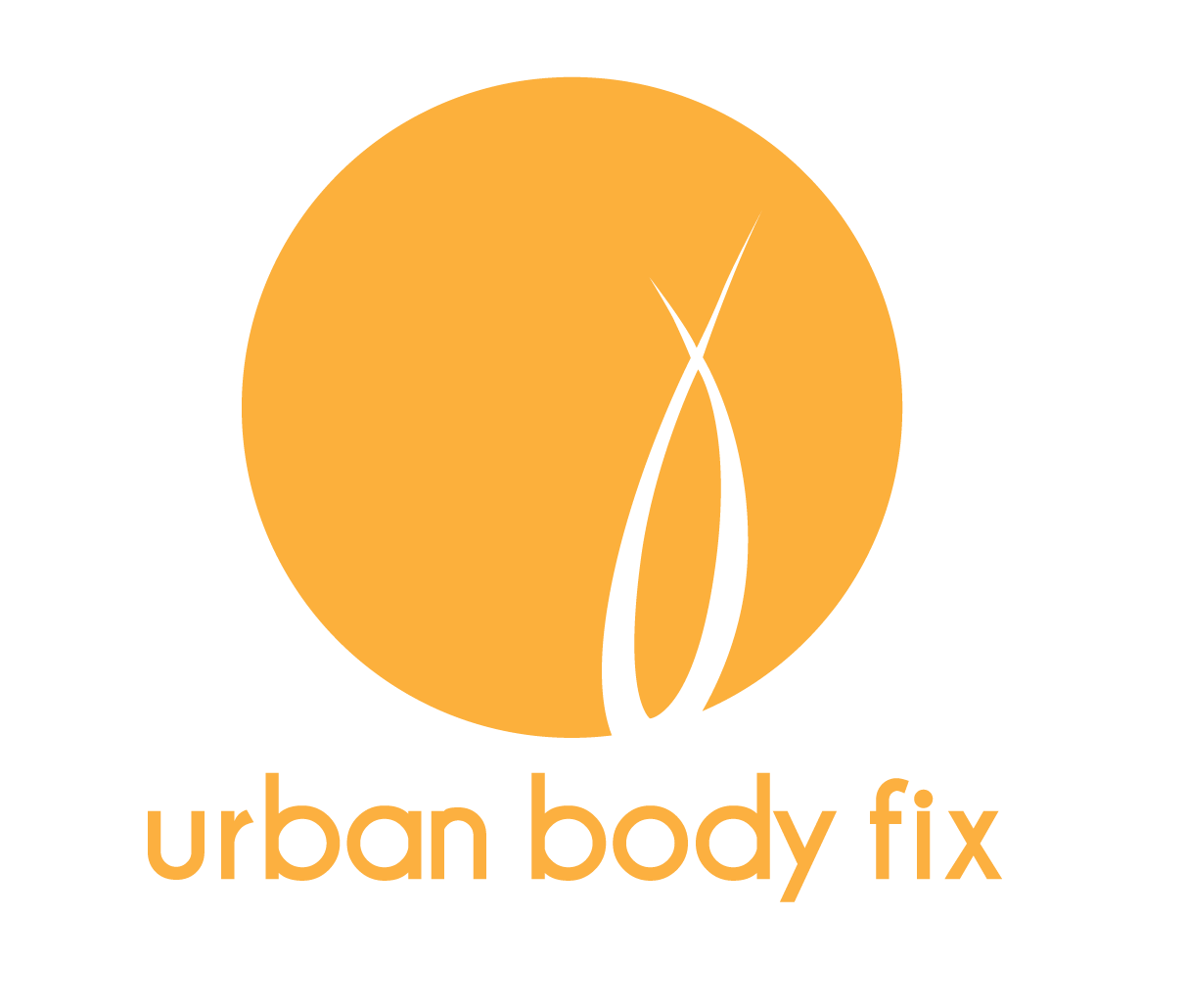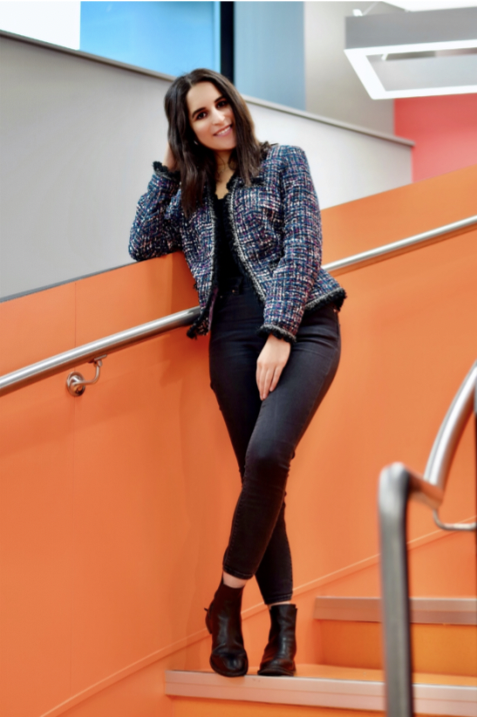My Life as a Medical Scientist: Follow your Gut
One of my favourite quotes belongs to Isaac Asimov, who said:
People think of education as something that they can finish. And what’s more, when they finish, it’s a rite of passage … If you enjoy learning, there’s no reason why you should stop at a given age. People don’t stop things they enjoy doing just because they reach a certain age”.
I have always believed that life never stops teaching, and we never stop learning. The decisions we make shape the directions we take, and it is through our personal journeys that our identities flourish to tell a part of our story. A part of mine resides in being a medical scientist. In the broad sense, a medical scientist investigates human diseases and conducts research to prevent or treat these diseases and improve overall health. Most medical scientists have a Ph.D., M.D., or both, and specialize in a particular area of research. Currently, my main area of research and interests connect nutrition, weight management, energy metabolism and physiology, and the gut microbiome, and how they work together to program lifelong obesity and metabolic diseases.
While it may be easy and rewarding to share a milestone of a lifelong journey, how the journey evolves is just as fulfilling and inspiring, if not more. In secondary school, few things were certain. I loved food and kids (nothing changed!) and planned to pursue a career in the health field, specifically in areas related to nutrition and pediatrics. Initially, my interests in nutrition were driven by living in diverse countries, where I observed distinct food landscapes and cultures. I quickly learned that food is not always about nutrition, but represents identity, love, community, status, humanity, history, survival, health, and much more. Then, I completed undergraduate studies in life sciences at the University of Ottawa (Ottawa, Canada) and obtained a diploma specialized in human nutrition to scope the field academically. I specifically grew more curious to how food and nutrition impact health across the lifespan, and decided to turn my personal passion into a profession.
Leading up to that point, I had explored several potential career paths with an emphasis on nutrition, from participating in a pediatrics and geriatrics clinical volunteer program, to teaching undergraduate-level courses, to conducting bench research (the only type of research I knew at the time – I was pipetting all day long!). Each brought me joy, but which direction was the one? It turns out, the whole was indeed greater than the sum of its parts, and it was intertwining the individual parts – mainly, the patient interaction in clinical settings, the innovation and discovery from research, and the nutrition lens that was integral to health – that I was seeking.
It was serendipity that I then learned about clinical research. I connected with a leading international obesity researcher (Dr. Geoff Ball) at the University of Alberta (Edmonton, Canada), and the rest was history. Under his exceptional mentorship, I sought a Master’s degree in Medical Sciences in the Department of Pediatrics with a specialized focus on obesity, health behaviors, and health services delivery. The challenge and love of learning, personal thrill of the scholarly process, as well as the excitement of a diverse, curiosity-driven, and intellectually-challenging environment led me to transfer to the PhD program the following year. As a doctoral candidate, I designed and led research to develop and evaluate Conversation Cards for Adolescents©, a novel bilingual (English, French) lifestyle modification tool for adolescents with obesity and health care providers (available for purchasing through Obesity Canada – shameless promo J).
I thoroughly enjoyed my PhD. Complementing the research and development aspects, I collaborated, networked, presented, wrote, published, taught, traveled, volunteered, laughed, and importantly, learned (with 0 coffees consumed, as I’m frequently asked!). I knew my education wasn’t over, so to continue this momentum, I crossed the Atlantic shortly thereafter to join the research teams of Drs. Susan Jebb and Paul Aveyard at the University of Oxford (Oxford, United Kingdom) as a postdoctoral researcher. This unique opportunity was an honor as I learned from leading nutrition and obesity researchers, became immersed personally and professionally within yet a different culture, and made lifelong memories and friends.
As an emerging scientist, it is common for interests to evolve. In addition to treating pediatric obesity at the forefront, I became fascinated by the complex and multifaceted mechanisms involved behind obesity, including prenatal and early-age nutrition-gut interactions. Fast forward to today, I am completing further postdoctoral training at the Pennington Biomedical Research Center (Baton Rouge, United States), the largest academically-based nutrition research center in the world. My advancements in this role bring interdisciplinary research to the forefront, investigating women and infant health, weight management and lifestyle interventions, energy metabolism and physiology, and the gut microbiome. Unique to these studies is the phenotyping of infants to elucidate factors contributing to the early development of obesity and metabolic complications, thereby paving the way for developing novel, state-of-the-art interventions and therapies.
On a final note, everyone’s journey is different. Sometimes we don’t follow our expected direction, which in fact may turn out to be better than what we had planned or anticipated. The key is to trust our gut (pun intended), start, and continue. Keeping our perspective on what’s most important is in itself very important, and that is to remember that not our exams, nor even our degrees, define who we are. It is our value as human beings, our loved ones, our contributions in all forms, and how we respond to “failure” (which is just proof of being creative, driven, and persistent) that matter. After all, it doesn’t stop at one degree, since education really isn’t something we can finish!
For nutrition, weight management, gut, pregnancy evidence-based information, and more, follow me on @nutribiomes (Instagram) and @DrKebbe (Twitter). I am also happy to connect on nutribiomes@gmail.com. Thank you for reading and following along!
Dr. Maryam Kebbe, PhD, BSc
Postdoctoral Researcher
Reproductive Endocrinology and Women’s Health Laboratory
Pennington Biomedical Research Center, Louisiana, United States
nutribiomes@gmail.com | @nutribiomes (Instagram) | @DrKebbe (Twitter)


